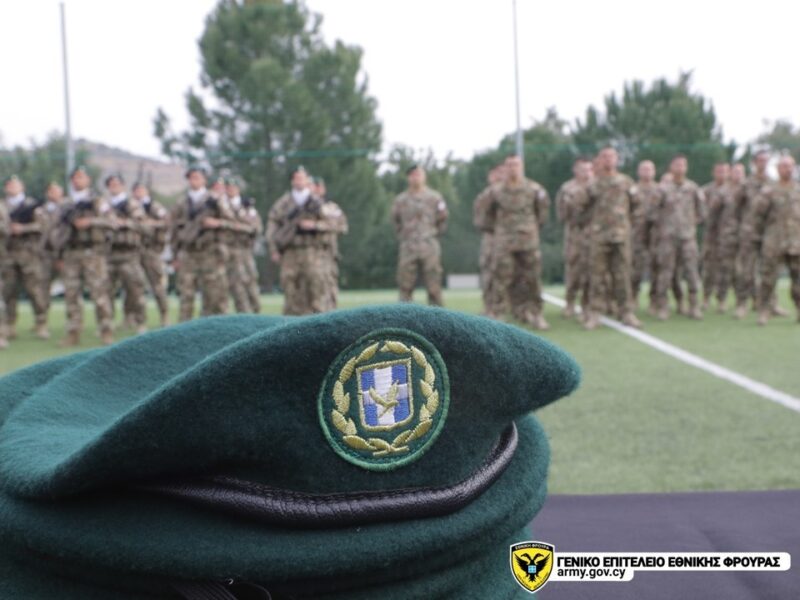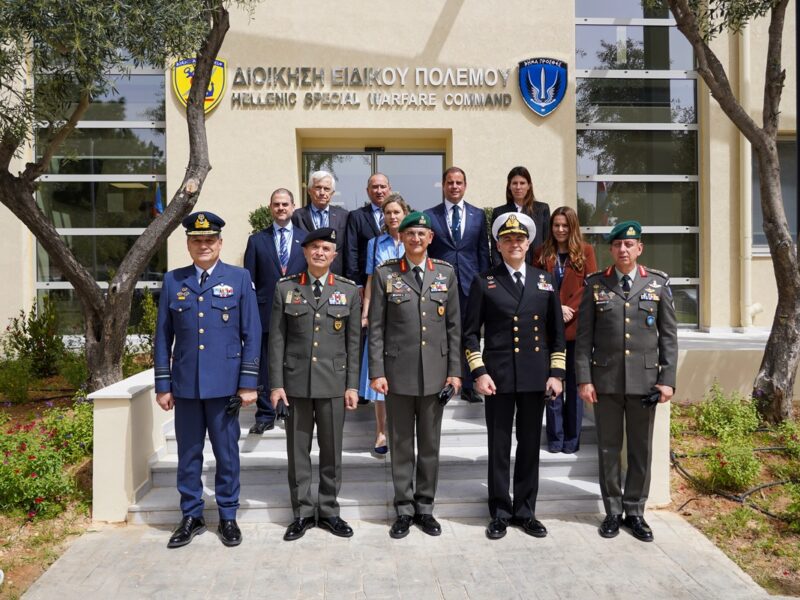Vladimir Putin at a rally in Manezhnaya Square near the Kremlin on March 18, 2018.
Mikhail Svetlov/Getty Images
There are no surprises as to who will win Russia’s presidential election this coming weekend, with incumbent Vladimir Putin poised to win a fifth term, keeping him in power until at least 2030.
The tight vote held from Friday to Sunday is not expected to cause any unpleasant surprises for the Kremlin, which told CNBC months ago that it was certain Putin would win the vote comfortably.
This is especially true in a country where Russian opposition figures are not represented on the ballot or in mainstream politics, with most activists having fled the country. Those who remain have been arrested or imprisoned or have died under mysterious circumstances, as happened with jailed opposition leader Alexei Navalny. The Kremlin has denied any role in his death.
In the 2024 election, there is no doubt who will win the vote. Putin’s name is on the ballot along with only three other candidates who are part of Russia’s “systemic opposition”: Vladislav Davankov of the New People’s Party, Leonid Slutsky of the Liberal Democratic Party (LDPR) and Communist Party candidate Nikolai Kharitonov.
Seen as indicative political rivals whose parties generally support the government, their inclusion on the ballot is designed to lend a degree of respectability to the vote and an apparent plurality in Russia’s essentially authoritarian political system.
Putin has been in power either as president or prime minister since late 1999 and shows no sign of being ready to relinquish control of the country. He is supported by a loyal inner circle and maintains the support of the Russian security services.
However, reflecting the Kremlin’s nervousness about any possibility of electoral unrest, even candidates who were marginally representative of the “non-systemic opposition”, such as anti-war hopefuls Yekaterina Duntsova and Boris Nadezhdin, were barred from running by the Central Election Commission of Russia. The ban was widely seen as politically motivated.
You are looking for a landslide
More than 110 million Russian citizens are eligible to vote in the election, as well as about 6 million people living in four partially Russian-occupied territories in the south and east Ukraineto the disdain of Kiev.
Putin’s approval rating in Russia is at its highest level since 2016, at 86% in February. according to the independent Levada Centeralthough analysts such as Andrei Kolesnikov, a senior fellow at the Carnegie Russia Eurasia Center, note that Putin’s “power model” rests largely on two shaky foundations: “passive conformity and fear.”
Both factors have certainly intensified since Russia invaded neighboring Ukraine in February 2022, with any perceived criticism of Russia’s “special military operation” – portrayed as a glorious and patriotic defense of Russia’s homeland – potentially he was driving citizens to prison. That An estimated 315,000 Russian soldiers were wounded or killed in the conflict It is not an issue the Kremlin will approach publicly. Russia does not release figures on the dead or casualties.
Ukrainian soldiers fire D-30 artillery at Russian positions in the direction of Klishchiivka as the Russia-Ukraine war continues in Donetsk Oblast, Ukraine on August 12, 2023.
Diego Herrera Carcedo | Anadolu Agency | Getty Images
The Kremlin will be hoping to see a high voter turnout in this election – the first time a presidential vote has been held in three days – and is looking for a major victory for Putin to legitimize the war, analysts said.
“The Kremlin is seeking an election result that would demonstrate overwhelming public support for Putin and, by extension, his domestic and foreign policy agenda,” Andreas Tursa, an adviser on Central and Eastern Europe at the consultancy, commented on Thursday Teneo.
“The Kremlin is using the election contest to confirm Putin’s legitimacy, mobilize public support for his policies and demonstrate unity and resolve to his external opponents,” he added, with the Kremlin seeking a “sweeping victory.” .
“According to official figures, Putin received 77.5% of valid votes in the 2018 presidential election, where turnout was 67.5%. This year, both rates could be even higher,” he said.
“Putin faces no real competition in the polls and, if necessary, election authorities have various tools at their disposal to create the desired turnout and result. However, the preference is to create the result with as few interventions as possible,” he said. famous.
Broad review
Russia’s growing authoritarianism and the erosion of the country’s last vestiges of democracy during Putin’s tenure have drawn widespread criticism and consternation. It is therefore not surprising that the 2024 vote has already been condemned by opposition activists, as well as neighboring Ukraine.
Kiev is scathing about the votes being held in Crimea, Zaporizhia, Kherson, Donetsk and Luhansk this week. There have already been reports of coercion and illegal voting practices including evidence of armed soldiers accompanying pro-Russian officials holding ballot boxes as they go door-to-door to collect votes.
Ministry of Foreign Affairs of Ukraine he said in a statement Thursday that Russia’s attempt to “imitate” the presidential election on its soil “demonstrates the Russian Federation’s continued flagrant disregard for the rules and principles of international law.” He called the votes illegal and urged citizens of the occupied territories not to participate.
Russian opposition activists, most in self-imposed exile to avoid arrest, jail or assault, also condemned the election.
Yulia Navalnaya, widow of the late opposition leader Alexei Navalny, pleaded with Russian voters to vote for “any candidate but Putin” and called on citizens to vote en masse at noon local time on March 17 in a bid to crash polling stations. He also asked the West not to recognize the election result. Kremlin opponents have also called on his supporters abroad to protest outside Russian embassies next Sunday.
Dmitry Moskovii, an opposition activist and spokesman for the Russian Democratic Society in London, said the protests gave people a chance to show their opposition to Putin and the war.
“When we talk about Russia, we always talk about an almost authoritarian regime in which there is no freedom of election, we talk about elections that are obviously and definitely going to be rigged by the Russian authorities.” he told CNBC on Thursday.
Russian President Vladimir Putin gestures during a meeting with participants of the International Youth Festival on March 6, 2024 in Sirius Territory, Sochi, Russia. Putin is visiting the Stavropolsky Krai and Krasnodar Krai regions in the south of the country ahead of presidential elections scheduled for March 15-17.
Factor | News Getty Images | Getty Images
The appearance of free and fair elections appears to be of little concern to the Kremlin, with analysts noting that the 2024 vote is being conducted with far less scrutiny than previous polls, reflecting Russia’s increasingly indifferent attitude towards international democratic standards.
“Recent changes to Russia’s election laws make it virtually impossible to conduct meaningful monitoring and have significantly limited the role of the media,” Anna Caprile, a policy analyst at the European Parliament, said in an analysis on Wednesday.
“Vladimir Putin’s re-election seems inexorable. The Kremlin’s goal, however, is not just victory, but an overwhelming result, both in terms of turnout and vote share. This will legitimize Putin’s legacy and his war of aggression, relegating the remaining opposition to an even more marginalized role and allowing Putin to implement, unchecked, his vision for the next six years,” he noted.
Read the original at Defence247.gr

